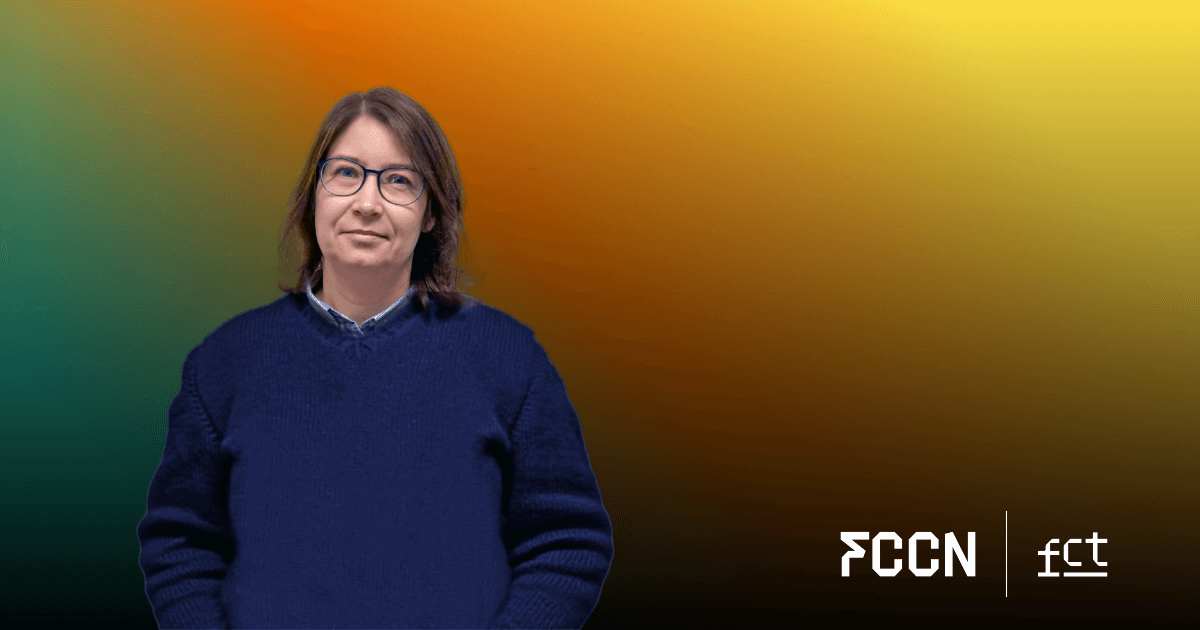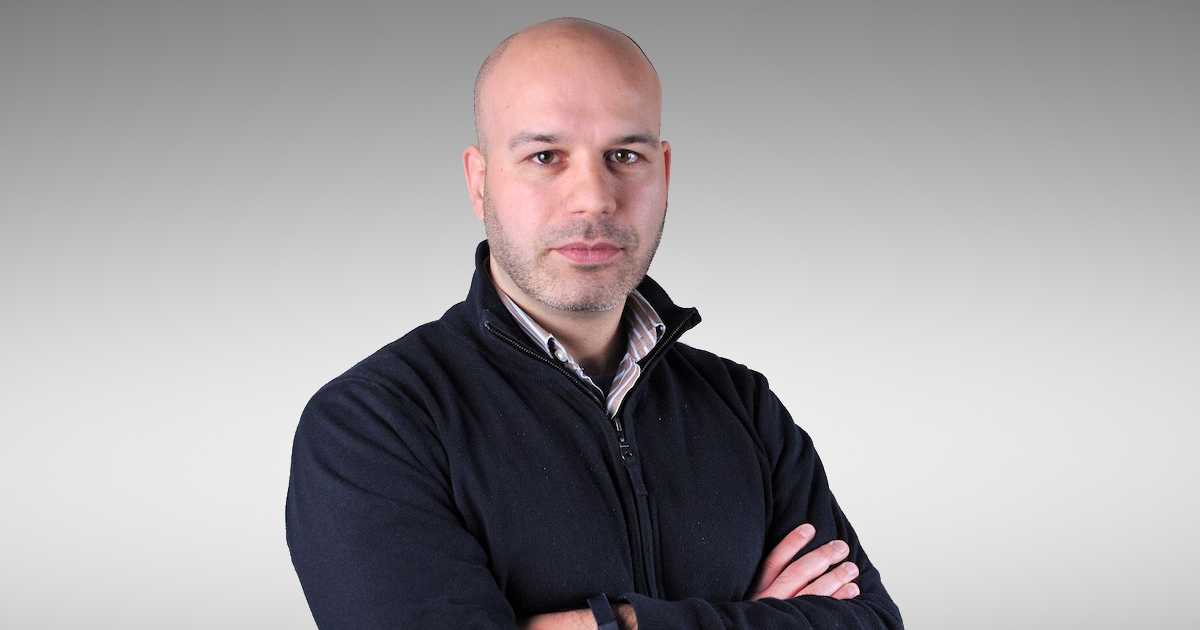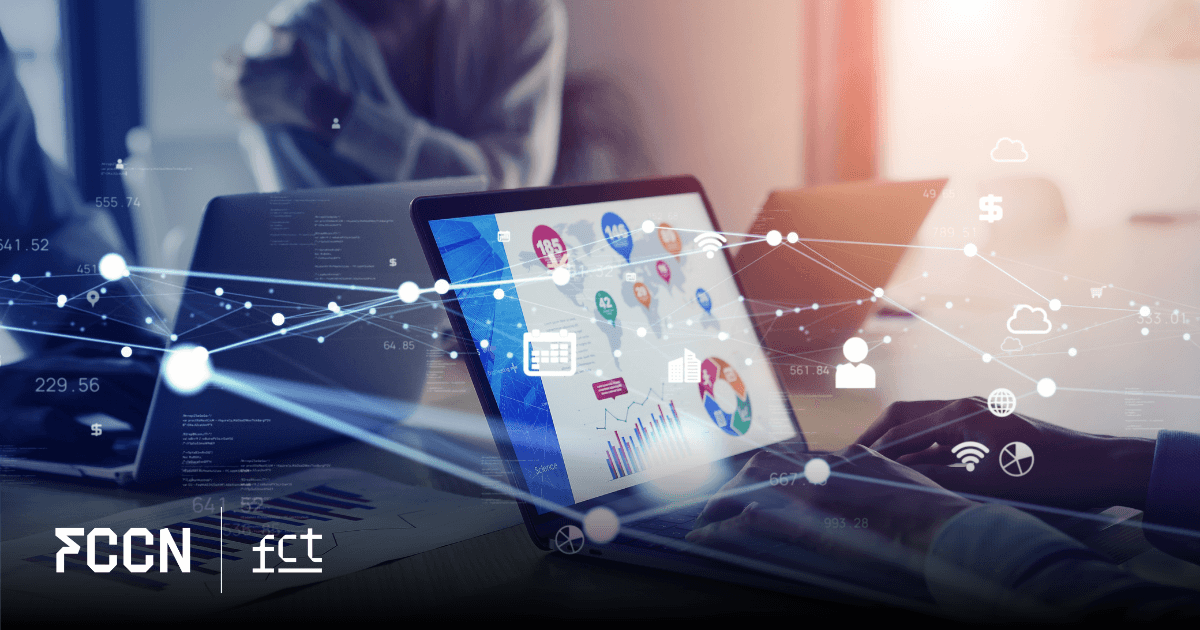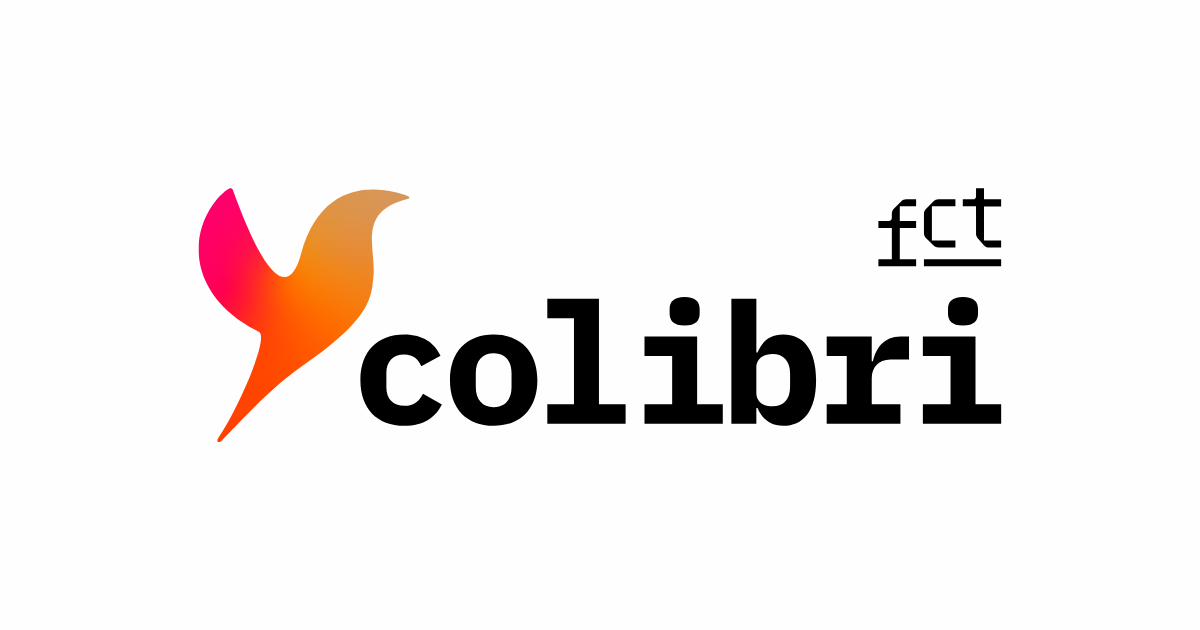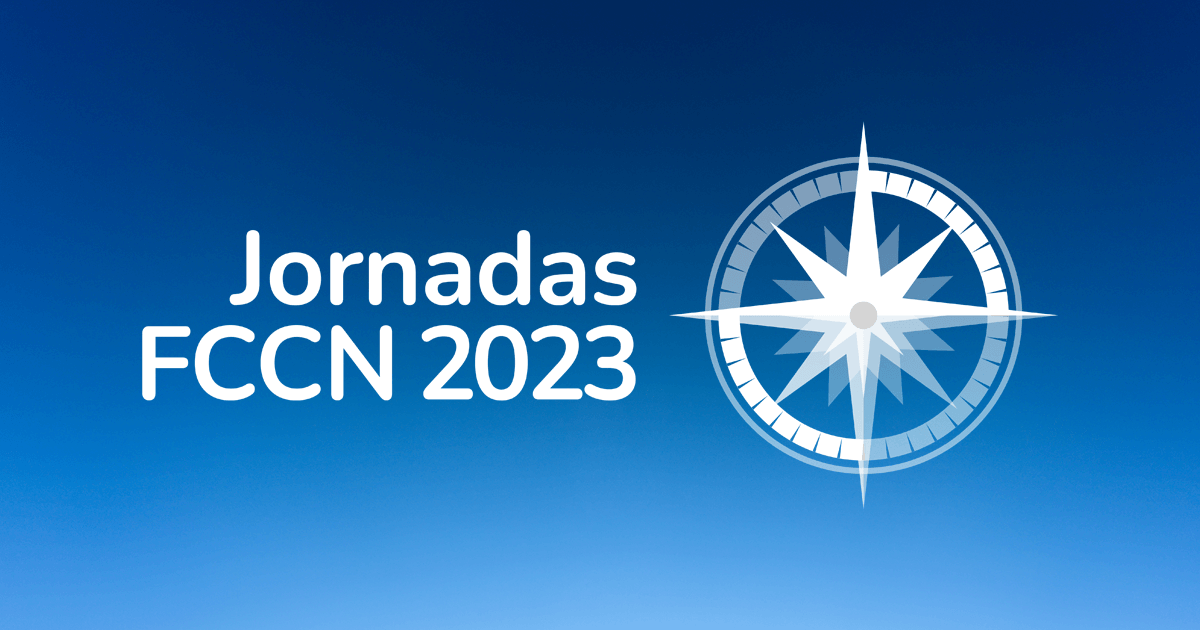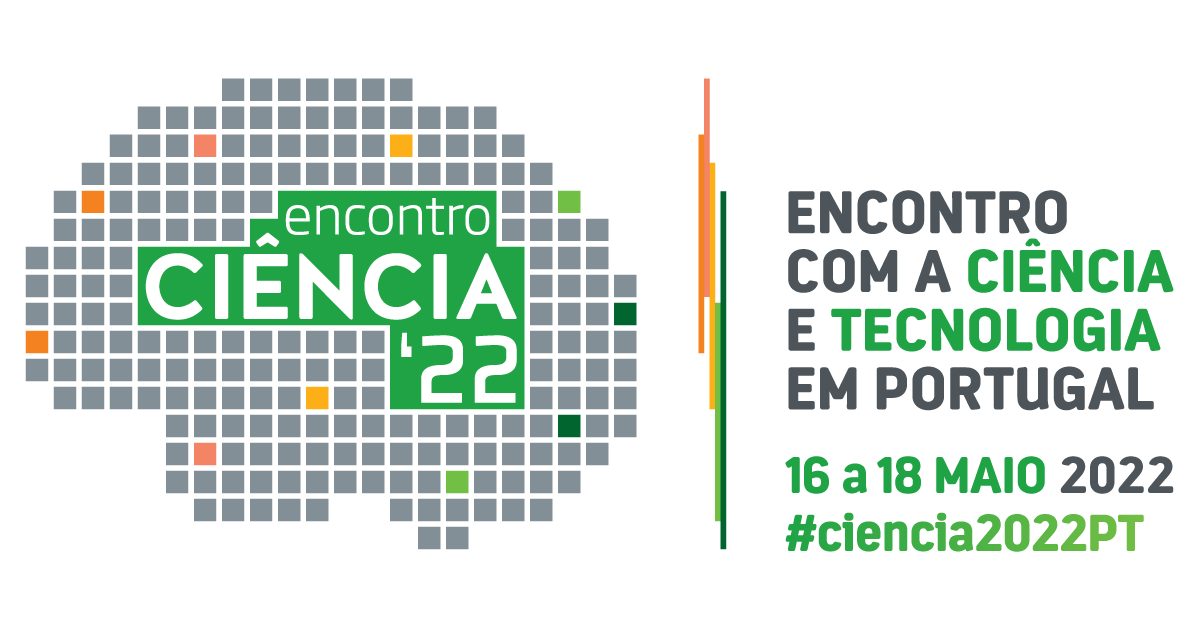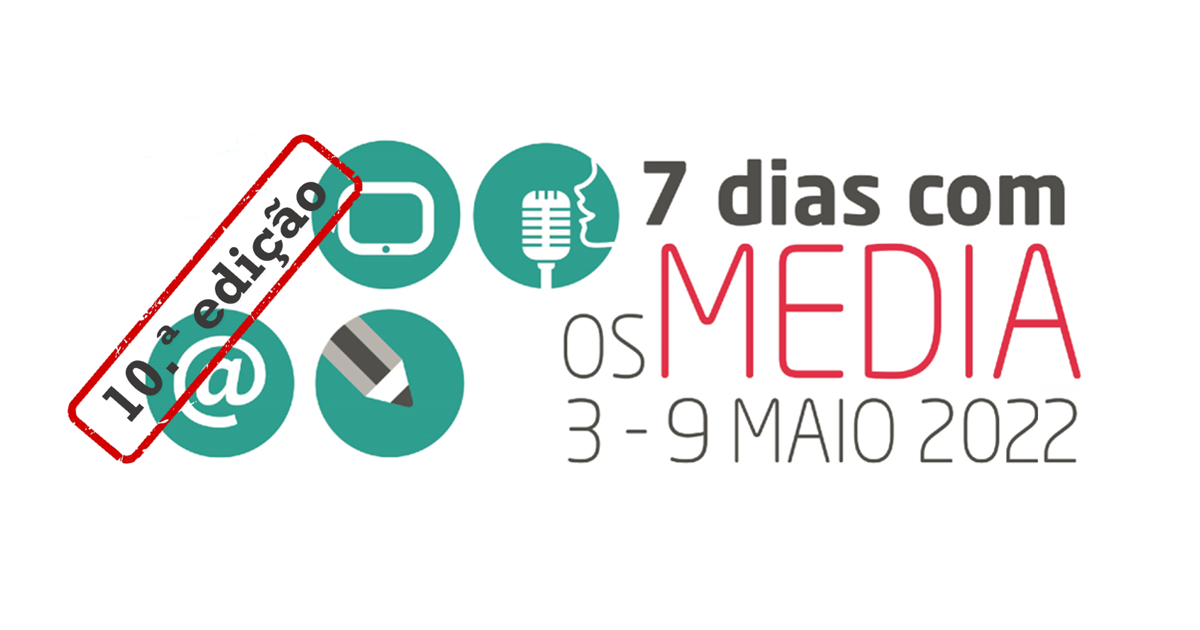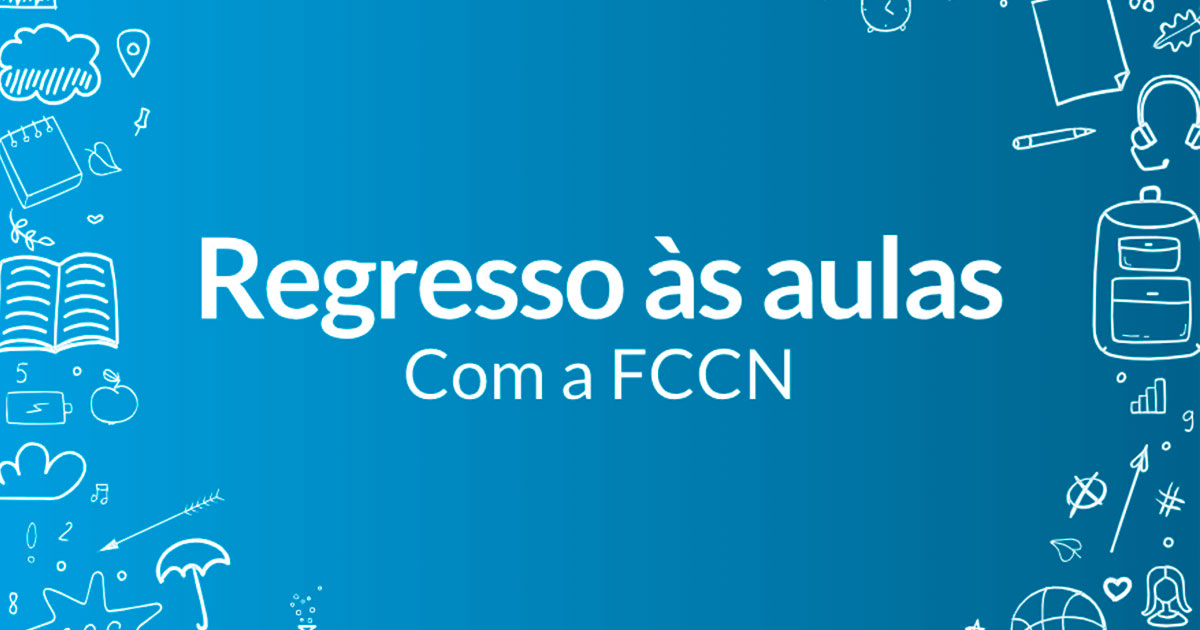
If you are a professor or higher education student, learn about your options for the start of the academic year, when in-person instruction can be combined with distance learning. The FCCN Unit of the Foundation for Science and Technology offers the academic community participating in RCTS* a set of digital services and tools that facilitate your academic experience by allowing you to, for example, hold meetings and classes remotely, send large files, or produce digital educational content.
#1 eduroam. Connect to the world
A regular presence in the campuses Since 2003, the eduroam network has guaranteed secure internet access for the entire teaching and research community. Implemented in Portugal by the FCCN Unit, eduroam provides each student with a valid access credential at network-member institutions throughout the country and around the world. Therefore, with the same login, it is possible to access the internet in 101 countries.
#2 Filesender. Send large files
This service is the ideal solution for work involving sharing large files. Filesender allows you to send files up to a maximum of 100 GB. As a tool exclusively for students, teachers, and researchers, Filesender is the best option for securely sharing large files.
#3 Colibri. Communicate remotely
Thanks to this web collaboration service, you can find a suitable environment for remote classes and meetings. Colibri allows you to hold videoconferencing sessions with a capacity of 300 participants per session. Audio, video, text, images, whiteboards, and screens can be shared. Sessions can also be recorded for later recording and availability through the service. educast. This service has been essential in addressing the constraints posed by the Covid-19 pandemic, registering an increase of 4000%, compared to the first months of 2019.
#4 Educast. Share your work
For students or teachers looking to record and disseminate their academic work, Educast is the ideal partner. Through this platform it is possible to record, edit and publish content (such as classes or presentations), using only a personal computer and the recording and editing platform available online. Publishing is done through upload for a searchable portal that aggregates more than 30 thousand videos, with the possibility of integrated sharing on social networks.
#5 b-on and RCAAP. Find information
To complement their bibliography, students, teachers and researchers can always rely on the Online Knowledge Library (b-on) and RCAAP (Portuguese Open Access Scientific Repositories). b-on offers unlimited and permanent access to thousands of periodicals and e-books published by some of the leading international publishers, allowing institutions to rationalize costs through centralized negotiation with scientific content providers. RCAAP provides users with a platform for storage, preservation and promotion of open access to scientific knowledge produced in Portugal, bringing together thousands of pieces of content that are scattered across various Portuguese repositories.
#6 Arquivo.pt. Travel to the past
Storing information published online since 1996, Arquivo.pt ensures a way
simple and intuitive way to search and consult web pages from the past. The information stored on FCCN servers could therefore be highly relevant for academic work and scientific research. Applications could extend to the classroom, potentially creating case studies in fields such as Design, Social Sciences, or Information Technology.
#7 NAU. Invest in training and content provision
Ideal for complementing knowledge and investing in lifelong learning, the Platform NAU – Sempre a Aprender provides free access to online courses for large audiences in MOOC (Massive Open Online Course) format. The courses offered are diverse, ranging from healthcare to cyberbullying, personal data protection, and education. MOOCs are a growingly popular distance learning option worldwide, with over 110 million students taking these courses in 2019. The NAU Platform also represents an asset for Portuguese higher education institutions, offering the opportunity to create customized courses tailored to their needs.
#8 Studio. Create top-notch content
The FCCN Studio provides professional equipment for the production of audiovisual content to the entire Higher Education educational community. To this end, it relies on high-definition equipment for audio and video capture. Through this structure, students can create videos to complement their academic projects, while researchers can produce pieces to publicize their scientific projects, for example. Broadcasting webinars (live or deferred) or creating digital classes are other possibilities available to higher education faculty.
*What is the Science, Technology and Society Network (RCTS)?
One of the missions of the National Scientific Computing Unit of the Foundation for Science and Technology (FCCN Unit) is to provide connectivity services for higher education stakeholders: professors, students, researchers, and senior technicians. As such, the FCCN Unit energizes the national academic and scientific network, which is joined by more than 80 higher education institutions (you can check the full list here). Members of participating institutions can access the various tools provided through federated accreditation. To learn more, visit: www.fccn.pt
